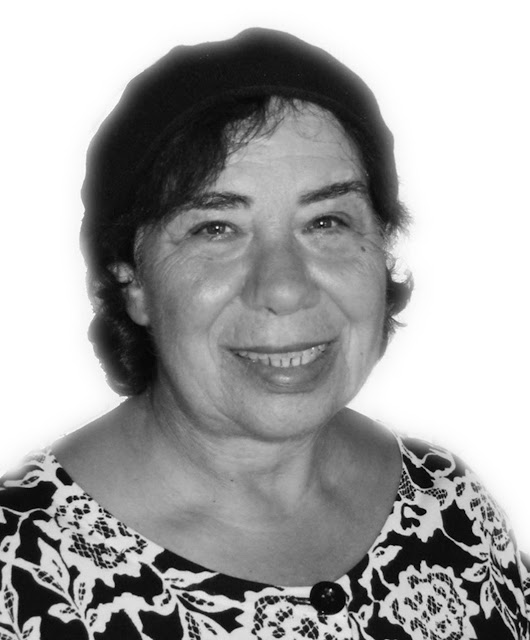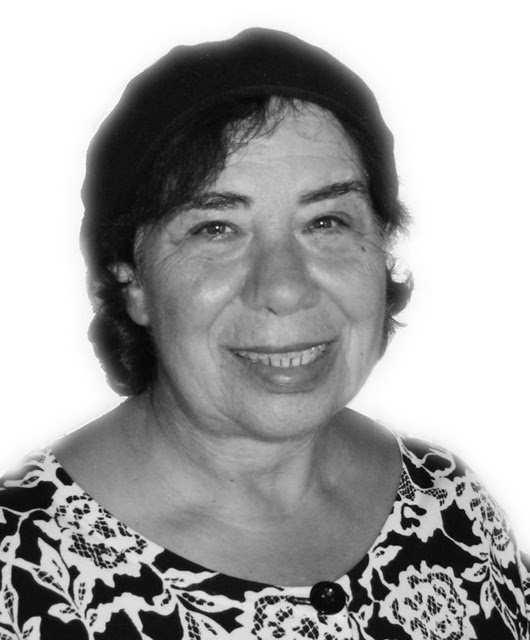 |
For many Jewish children across South Africa, the annual camp with one of the Zionist youth movements is the highlight of their year.
Fourteen years ago, after discussions with one of the leaders of the Bnei Akiva movement, I was invited to come to their annual camp held at Hartenbos in the Southern Cape. As a practising social worker I would be there as the camp counsellor and would be a part of a team that included rabbis, doctors, nurses and paramedics. On receiving the invitation I enquired from my eldest daughter Belinda, who had attended a number of camps, what the accommodation was like. She told me that I would be living in a hut and would be using the communal ablution facilities reserved for the adults. She thought we could manage to live in such basic accommodation.
Fourteen years later not much has changed but despite such basic accommodation many of the professionals have returned year after year to render a valuable voluntary service, without which the camp would not be able to function. Already at my first camp I came to realise why some of these adults returned year after year. The madrichim and channichim at Bnei come from all over South Africa and from all walks of life. This diversity of questioning minds creates an environment for ongoing growth and development. One of the highlights for me and everyone else at camp is Shabbat. The entire machaneh linking arms gathers at the central meeting place or Mifkad. The girls then light candles and everyone goes to the shul for Kabbalat Shabbat. What an inspiring feeling prevails as hundreds of people participate in the Shabbat services. Shabbat ends with a magical and musical Havdalah ceremony.
Another highlight is watching the madrichim run the camp. They are all under the age of 25 and have to deal with the logistics of getting hundreds of young people to and from the camp and provide medical care, food, activities and entertainment for nearly four weeks. Over the time that I have been at camp they have also had to deal with storms, tornados, fire and floods! These young adults have coped admirably and not only do they do so voluntary, they still have to pay to be at camp.
What is my role as the camp counsellor?
I firstly am a consultant to the madrichim, who are faced with certain demanding and challenging situations. The channichim also come to camp with issues that are happening at home. Examples of this may be parents going through a divorce, traumatic experiences they have been confronted with during the year and even tragic losses in the family or in the community. There may also be the problem of homesickness.
A privilege to be there
Having been at 12 camps over fourteen years I have watched the children who were in Ktantinim and Gurim (the youngest age groups) become madrichim. I have also witnessed how some of the channichim and madrichim have returned to camp as doctors and paramedics, rabbis and social workers. This is a case of young people giving back to the Bnei movement. The late-night informal chats with the adult contingent and madrichim have been particularly meaningful. Many of the young adults have chatted to me about relationship issues and choices that they may have been facing at that stage of their lives. Over the last few years Bnei has become involved in a range of chesed (outreach) projects. They have worked with the local communities and have painted buildings, planted gardens and organised activities with children. Two years ago I interacted with social workers of the George Child Welfare Society.
This year saw the initiation of a new project where Bnei connected with Selwyn Segal Home in Johannesburg and the Torah Learning Centre, who sent a group of ‘special needs’ children to camp. They formed their own shichvah and a specially- selected group of madrichim worked with them in a specially-designed programme. I had the opportunity of interacting with the madrichim, which was a very rewarding experience. Well done to all!
When I am asked why I go back year after year to live in the rather primitive accommodation, my response is that although it is a huge responsibility, it is a privilege to be there. My children have all benefitted tremendously and learned amazing life skills through their involvement in Bnei Akiva, which gives me huge satisfaction to be able to give back. I have watched children (some who came to see me with all sorts of challenges ) growing up and becoming responsible, well-adjusted adults, and I have the satisfaction of hoping that in some small way I may have made a difference.











